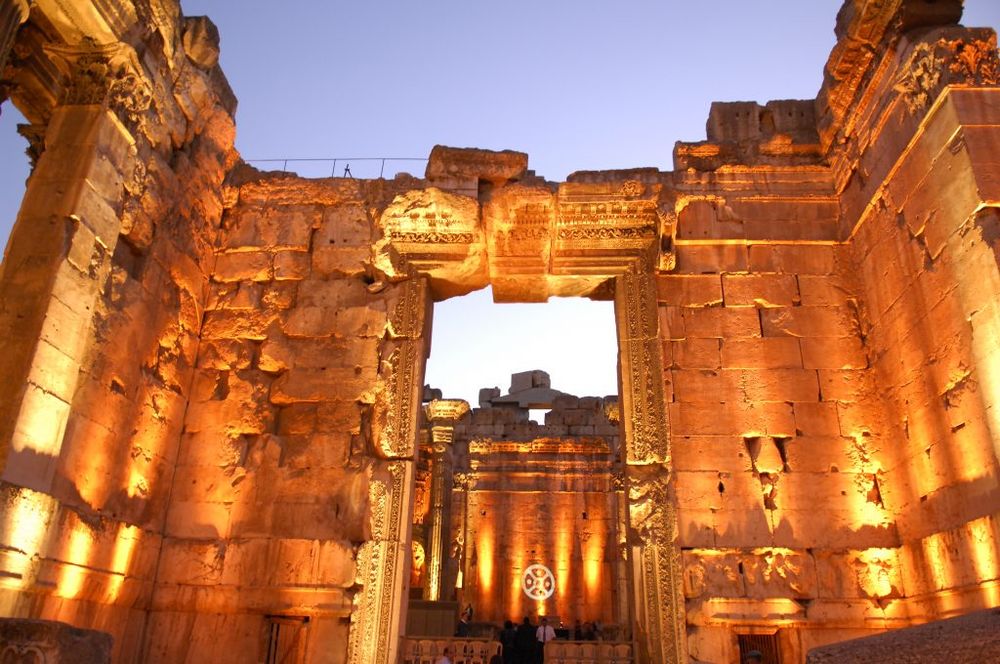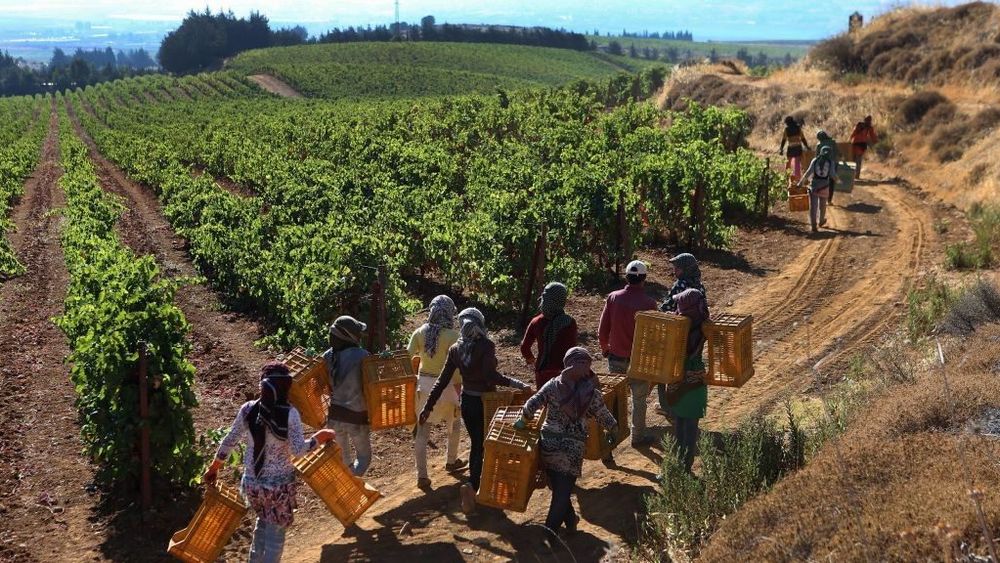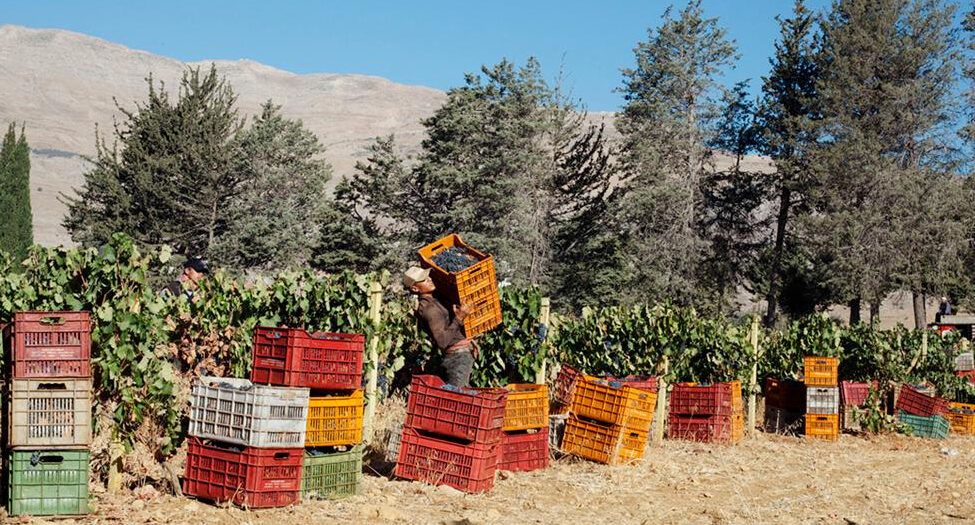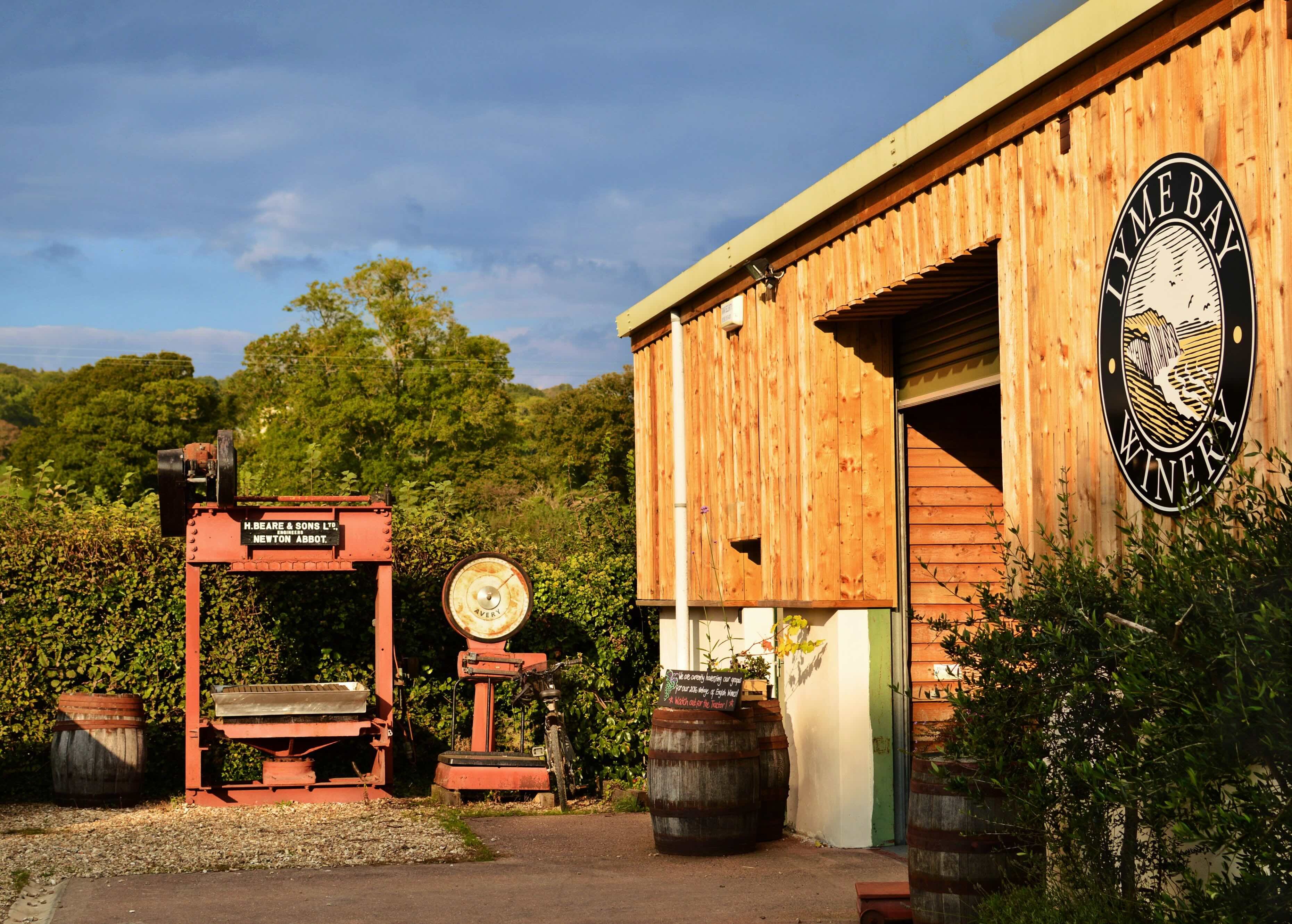We can all play our part in helping Lebanon, its people and its wine community, start to get back on their feet by doing what we can to list, promote and sell Lebanese wine across the global wine industry.
The recent massive explosive that wiped out most of East Beirut and which was felt over 200km away in Cyprus, is the latest catastrophe to hit Lebanon in the past 10 months. Since October 2019, the economy of this tiny Eastern Mediterranean nation has been in freefall after a popular revolution forced panicky banks to impose strict capital controls on the movement of hard currency. The global pandemic compounded the crisis.
It’s easy to see why the Lebanese, quite reasonably, thought things couldn’t really get any worse, but they did, in spades. The Port of Beirut, the country’s one remaining “unclogged artery” virtually vaporized as nearly 3,000 tons of ammonia nitrate created one of the biggest ever recorded explosions. There are over 150 dead – a number that is sure to rise – and over 4,000 injured. Lebanon is in deep trauma.
So it may seem tactless to write about Lebanon’s wine industry while it absorbs the full impact, literally and existentially, of its very own 9/11. But in a nation that actually produces very little else – pace the cannabis sector – wine stands out as its most high-profile export. Alongside its magnificent cuisine, and arak, the national drink, akin to, but better than, pastis, it captures Lebanon’s vitality, warmth and generosity of spirit.

Lebanon can claim to be one of the first countries in the world to plant vines and make wine, dating back to 5000 BC
The Lebanese have been drinking wine since 5000 BC, but our real CV moment was when we started selling the stuff. We became the world’s first wine merchants, when, roughly 3,000 years ago, Phoenician ships plying the waterways of the Mediterranean, introduced a much-coveted wine to the nation states of the region including Greece and Rome. The rest is history. That Lebanon still has a thriving wine industry is testament to the fortitude of the Lebanese, who in one way or another, have been under the cosh of various outsiders ever since the first Lebanese sailed west across the Med looking for a better, more prosperous life.
Wines made in conflict
Lebanon only makes 10 million bottles of wine a year but each one is made in the shadow of conflict and political instability, in some cases as the bombs were falling. The late Serge Hochar of Chateau Musar was the ultimate wine warrior; ditto Ramzi Ghosn of Massaya, who refused to leave his grapes in the Summer War of 2006, even as the hot shrapnel from Israeli missiles, literally fizzed around his vines. The Lebanese are the masters of crisis management and their winemakers are the poster children of this admirable trait.
And let’s not forget the wines themselves. Unashamedly French in their inspiration, Lebanon’s winemakers use over 30 varieties with few legal restrictions on what they can and can’t use. Bordeaux’s big four always put in a good shift and are always very well-turned out, but to me, Lebanon is the Southern Rhône of the Eastern Med. Why else would the Jesuits, who knew a thing or two, plant Carignan, Cinsault and Grenache when they founded Château Ksara in the mid 19th century and laid the foundations of the modern wine industry in the Bekaa Valley, now the heart of Lebanon’s wine country, a place where the vines grow at between 1,000 and 1,800 meters, giving miraculous freshness. The whites aren’t too shabby either.

The Lebanese wine industry needs all the international support it can get after its domestic market and local currency has collapsed
However, a perfect storm of revolution, financial crash, Covid-19 and now this terrible blast, has pushed Lebanon’s winemakers to their limits. They can’t survive on local sales, simply because they can’t use the revenue to buy raw material. For that, they need “fresh money”, hard currency from outside Lebanon, to pay for bottles, corks, labels, yeast, sulphur and so on. It was a situation that made exporting wine a priority, a matter of survival, and it was a challenge to which they were prepared to rise. But then came the global lockdown and suddenly, with both hands tied, they ran out of moves.
Bottom line: the world needs to buy Lebanese wine so this tiny industry can survive. And yes, thousands of other producers across the globe have also been hit, so why should tiny Lebanon matter more than say, Spain, Italy, France or even South Africa, where a ban on alcohol sales during lockdown (good luck with that by the way) prompted the UK wine trade to rally round?
Lebanon is not South Africa. It is plankton in the wine ocean, but it still deserves your help, not just because of its glorious past and its promising present, but also because it is of one of the world’s truly unique nations. Vibrant, pluralistic and necessary, Lebanon deserves your support.
- Michael Karam is the editor of Tears of Bacchus: A History of Wine in the Arab World and the author of Wines of Lebanon. The documentary, Wine And War, which he co-wrote is due for release in the autumn.








































